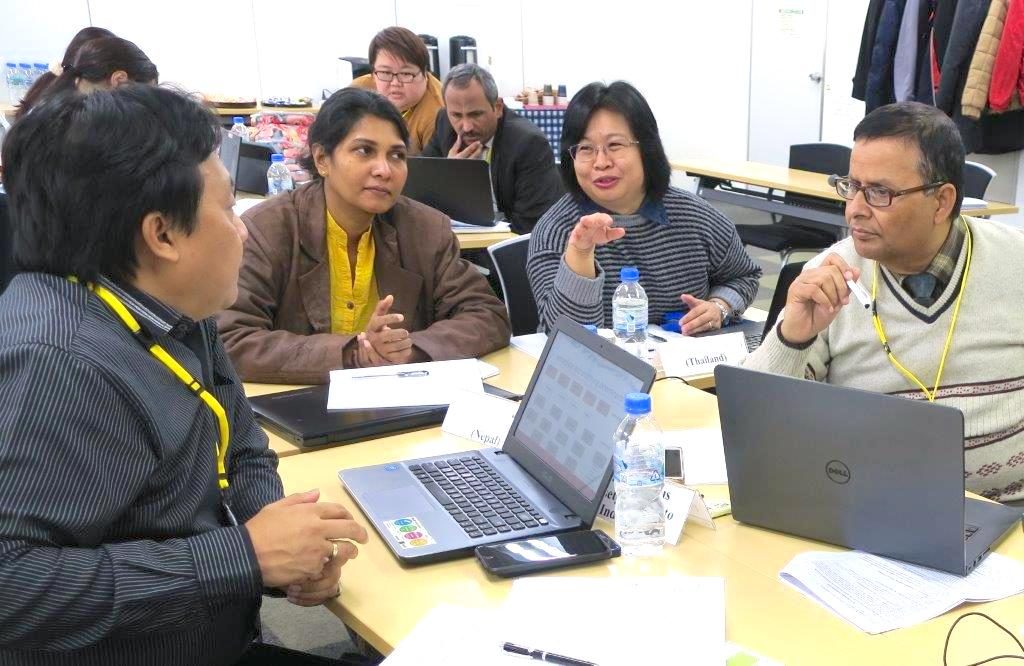
Select Page
 Productivity improvement must be a forward-looking, long-term effort. What counts is not only how productive we are at a certain time but also the likelihood of continuous productivity gains in the future. The scope of productivity should be expanded beyond its traditional measurement/definition by focusing on continuing sustainability, which requires inclusiveness and integration of multiple technoeconomic factors as well as achieving greater efficiency. Productivity improvement must obviously be maintained to sustain economic growth. In today’s rapidly changing global environment, innovation or quality improvement that does not anticipate the future may only yield limited, short-lived benefits.
Productivity improvement must be a forward-looking, long-term effort. What counts is not only how productive we are at a certain time but also the likelihood of continuous productivity gains in the future. The scope of productivity should be expanded beyond its traditional measurement/definition by focusing on continuing sustainability, which requires inclusiveness and integration of multiple technoeconomic factors as well as achieving greater efficiency. Productivity improvement must obviously be maintained to sustain economic growth. In today’s rapidly changing global environment, innovation or quality improvement that does not anticipate the future may only yield limited, short-lived benefits.
To provide member countries with a platform for sharing knowledge on how to tackle issues related to national productivity enhancement from a forward-looking perspective and therefore make growth sustainable in the long run, the APO has organized an annual workshop and/or conference on Sustainable Productivity since 2018. Previous workshop topics have focused on the interlinkages between productivity and competitiveness, institutional determinants, and roles of people and technology in raising productivity.
The 2019 workshop, held in Tokyo 16–20 December 2019, was attended by 18 participants from 15 APO member countries and facilitated by resource persons from Australia, India, the ROK, and Malaysia. Most participants had public-sector backgrounds, representing agencies and ministries managing productivity and competitiveness issues at national level. Some, however, were selected to attend the workshop because they were expected to support the development and/or implementation of national productivity master plans drafted in cooperation with the APO as part of its policy advisory role.
In opening the workshop, APO Secretary-General Dr. AKP Mochtan pointed out that, “Any productivity initiative should be broad based to ensure its inclusiveness as well as its benefits” and therefore, “The sustainability aspect of productivity growth should be viewed from the angle of inclusiveness.” Presentations were given on the determinants of and institutional quality needed for sustainable productivity growth, the roles of technology in raising both productivity and living standards, interplays between productivity and competitiveness, enhancing business dynamism, maximizing knowledge spillovers, and the importance of knowledge-based capital.
In addition to learning from the resource persons’ presentations, lively discussions among participants shared experience in and plans for introducing more sustainability-focused productivity initiatives, adapting such efforts to reflect the diversity of national contexts, and policies needed to ensure overall long-term inclusiveness.